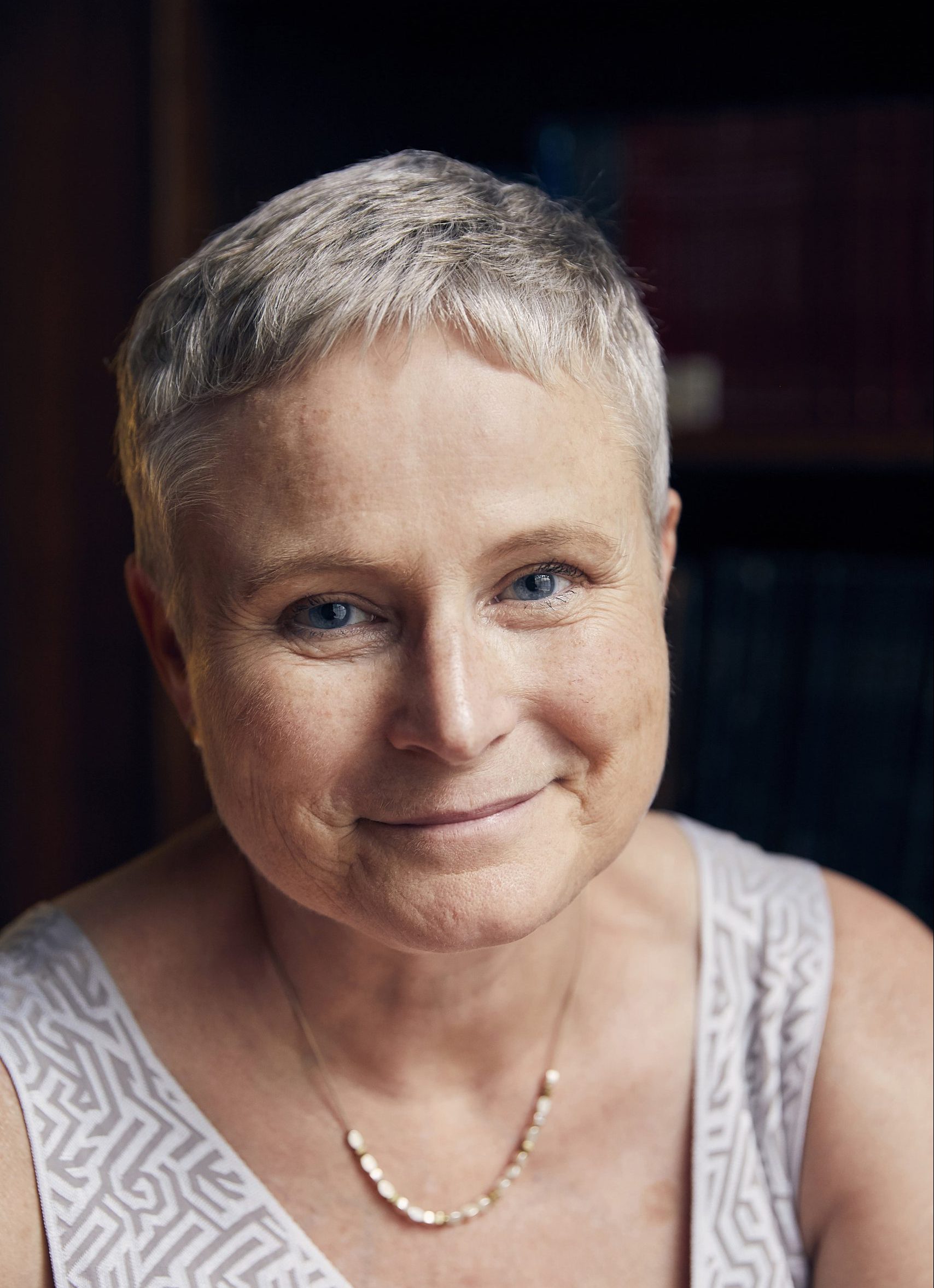Professor Deborah Ashby is Director of the School of Public Health at Imperial College London where she holds the Chair in Medical Statistics and Clinical Trials, and was Founding Co-Director of Imperial Clinical Trials Unit. She is a Chartered Statistician and her research interests are in clinical trials, risk-benefit decision making for medicines, and the utility of Bayesian approaches in these areas.
She is recent Past President of the Royal Statistical Society. She has sat on the UK Commission on Human Medicines and acted as adviser to the European Medicines Agency. She has recently chaired the Population Research Committee for Cancer Research UK and the National Institute for Health Research HTA Commissioning Board, and was Deputy Chair of the HTA Programme. Deborah was awarded the OBE for services to medicine in 2009, appointed an NIHR Senior Investigator in 2010, and elected to the Academy of Medical Sciences in 2012.
When/where do you get your best research ideas?
In discussion with other people — clinical colleagues, statisticians and patients. My own research comes from the interaction of addressing clinical questions and then working out how to solve them if they are non-standard. Methodological research ideas often emerge over time, as you realise that the same issue is cropping up in multiple contexts so is worth giving some serious thought to.
Which failure(s) changed you the most?
My natural aptitude for abstract mathematics hit a plateau abruptly about halfway through my first degree. Fortunately, that was just as I was discovering statistics from a theoretical perspective, but also what a contribution it could make to applied areas — especially health. After some soul searching, I changed tack with my final year options and have never looked back. But I’m still a mathematician at heart!
What is the best piece of advice you’ve been given/given to others?
The advice I gave my daughter, when she was worried about applying for something where she might not be successful, is that if you don’t fail from time to time you probably aren’t aiming high enough. So now I try to take my own advice.
What’s an event that changed your life?
Being asked at an early career stage to join a drug regulation committee: a subgroup of the Committee on Safety of Medicines, now the Commission on Human Medicines. I found out later that I was a beneficiary of Opportunity 2000, a commitment to increase the proportion of women on government committees to 25%. I took to it like a duck to water and sat on that, and on the senior committee, for two decades. I learned a huge amount, and it opened up a world of opportunities for my own research.
What is your favourite paper that you’ve published in the last 5 years (the one you’re most proud of)?
‘Pigeonholes and mustard seeds: growing capacity to use data for society’, which was my Presidential Address to the Royal Statistical Society (RSS) in 2019. It looked back to the foundations of the RSS and forward to current challenges, showing how we can build on our history. Presciently, I highlighted the potential of platform trials, citing the STAMPEDE trial in prostate cancer as a good example. I had no idea that just a year later their use in COVID-19 would enable rapid learning that made a big difference during the pandemic. The title came from some wonderful quotes from Florence Nightingale, whose bicentenary was in 2020. She was the first female member of the RSS, and really knew how to use statistics to make a difference to people’s lives.
In the last five years, what have you become better at saying no to (distractions, invitations, etc.)? What new realisations and/or approaches have helped?
My rule has been to do my share of the routine stuff that goes with my job, but otherwise only to take something on if I can learn from it or I can’t think of someone else to recommend, which probably means my expertise or skill set is needed. So, for example, I acted as undergraduate external examiner for two institutions, but on the third request I recommended a colleague instead, who really enjoyed it. It then helped their upcoming promotion application, as teaching was a strong suit.
Conversely, I’ve carried on accepting invitations to examine PhD theses, because they are often related to my research interests or skills, so are a good use of my time, and I always learn a lot from doing them. As I’ve become more senior, I regularly update what I say yes and no to. These days I get to chair a lot of committees and groups, where I enjoy enabling a diverse set of people to put their minds to making important decisions or solving challenges.
The views expressed are those of the author. Posting of the blog does not signify that the Cancer Prevention Group endorses those views or opinions.

